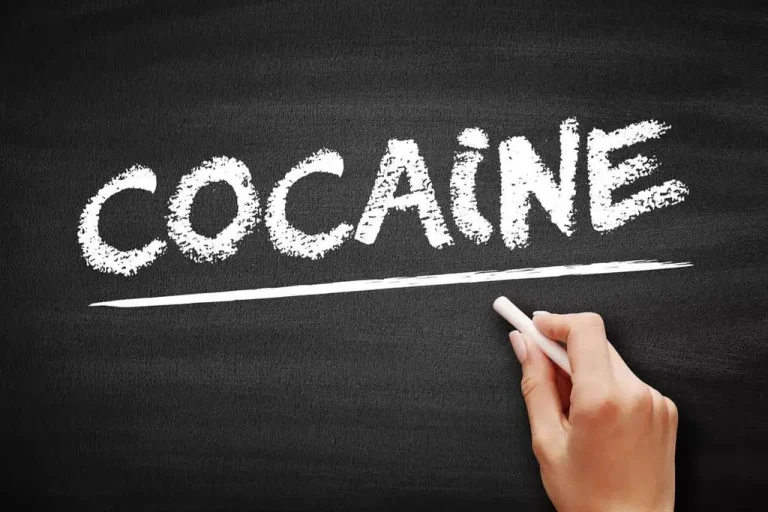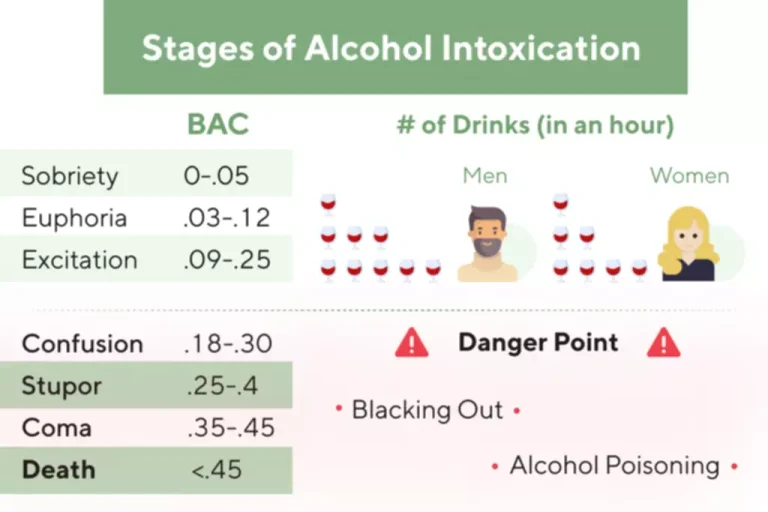
After drinking beer, they may experience a combination of hives, nausea or vomiting, diarrhea, sneezing, wheezing and abdominal pain. But you can also be sensitive or have an intolerance to specific ingredients in what you’re eating or drinking. Some people have an intolerance or sensitivity to sulfites. These compounds are often added to beer and wine to limit the growth of yeast and act as a preservative. Common sulfites include potassium bisulfite or potassium metabisulfite. Sulfur dioxide is another closely related chemical that can trigger reactions in some people.
How to Test for an Alcohol Allergy
Even if people don’t consume enough alcohol to cause a hangover, they can still get a headache from drinking. A protein on the skin of a grape, mostly those in red wines, can contribute to symptoms in those who already have allergies, according to a German study. Paying attention to which beverages cause symptoms can help people manage their alcohol intolerance. Just as grapes can become wine, table fruit that becomes too ripe might contain enough alcohol to cause a reaction in someone with an alcohol allergy. These range from heart and liver damage to a greater risk of certain cancers. For some people, alcohol can also make allergy symptoms worse.
Alcohol intolerance

This will help reduce your nose’s contact with the drink and make it less likely to trigger a sneeze. Like wine, beer also contains sneezing after drinking alcohol histamines, which can trigger sneezing. In addition, beer is often brewed with hops, comprising a compound called lupulin.

Drugs & Supplements
While just about anything can trigger an allergic reaction, some things (like a bee sting, peanuts, and certain foods) are more likely to trigger allergic reactions than others. If you have symptoms after drinking beer, but not after drinking wine or other alcoholic beverages, it’s not alcohol intolerance. More likely, you’re allergic to or sensitive to a particular ingredient in that beer. Although found in low levels in alcoholic drinks, yeasts can cause true allergic reactions. The symptoms include wheezing, sneezing, diarrhea, nausea, heartburn, dizziness, white coated tongue, sore throat, skin rashes and abdominal pain. If you have an alcohol allergy, your immune system over-reacts to alcohol.
Skin flushing

When these fibers detect the presence of capsaicin, they can trigger one or more sneezes. This medication is often prescribed in addition to other medications to manage your condition. Finally, acetate is further broken down into water and carbon dioxide and, voila! People can also have an oral allergy syndrome — a reaction to fresh fruit and vegetables that may be used as a garnish or a mixer in a cocktail, according to Bassett. Hazelnut or almond in liquor can also be a problem for those with an allergy to nuts. Dec. 24, 2012— — Kristin Brown loved to drink – perhaps partied a little too much when she was in her 20s, but when she hit her 30s, alcohol suddenly hit her the wrong way.


Then go to your nearest emergency department for follow-up care. If you develop symptoms after drinking alcohol, make an appointment with your doctor. Depending on your symptoms, they might refer you to an allergist for testing and treatment.
It could also be that alcohol has a natural side effect to make people congested. Alcoholic drinks have a natural vasodilatory effect which expands blood vessels. Gustatory rhinitis is not related to allergies, so it is known as nonallergic rhinitis.
- These antibodies trigger a release of histamines, causing red and itchy skin.
- Beer drinkers can experience «an inflammatory response to the yeast proteins, which can lead to itching, superficial rashes, nausea, vomiting, or even diarrhea,» he says.
- These compounds are often added to beer and wine to limit the growth of yeast and act as a preservative.
- With anaphylaxis, severe itching of the eyes or face can progress within minutes to more serious symptoms.
- In some cases, reactions can be triggered by a true allergy to a grain such as corn, wheat or rye or to another substance in alcoholic beverages.
- People with an alcohol allergy should exercise caution when eating or drinking anything that they have not prepared themselves.


Leave a Reply